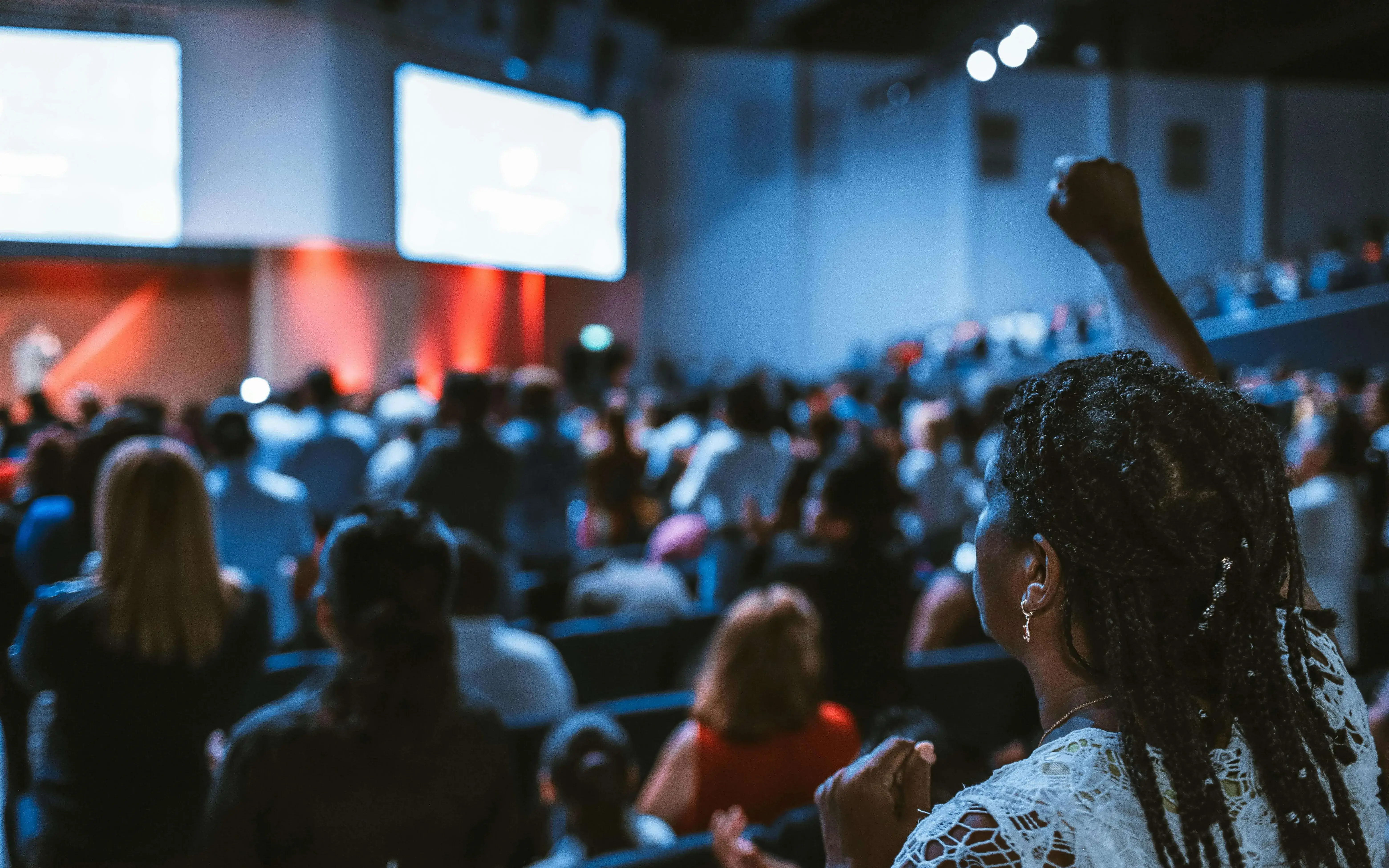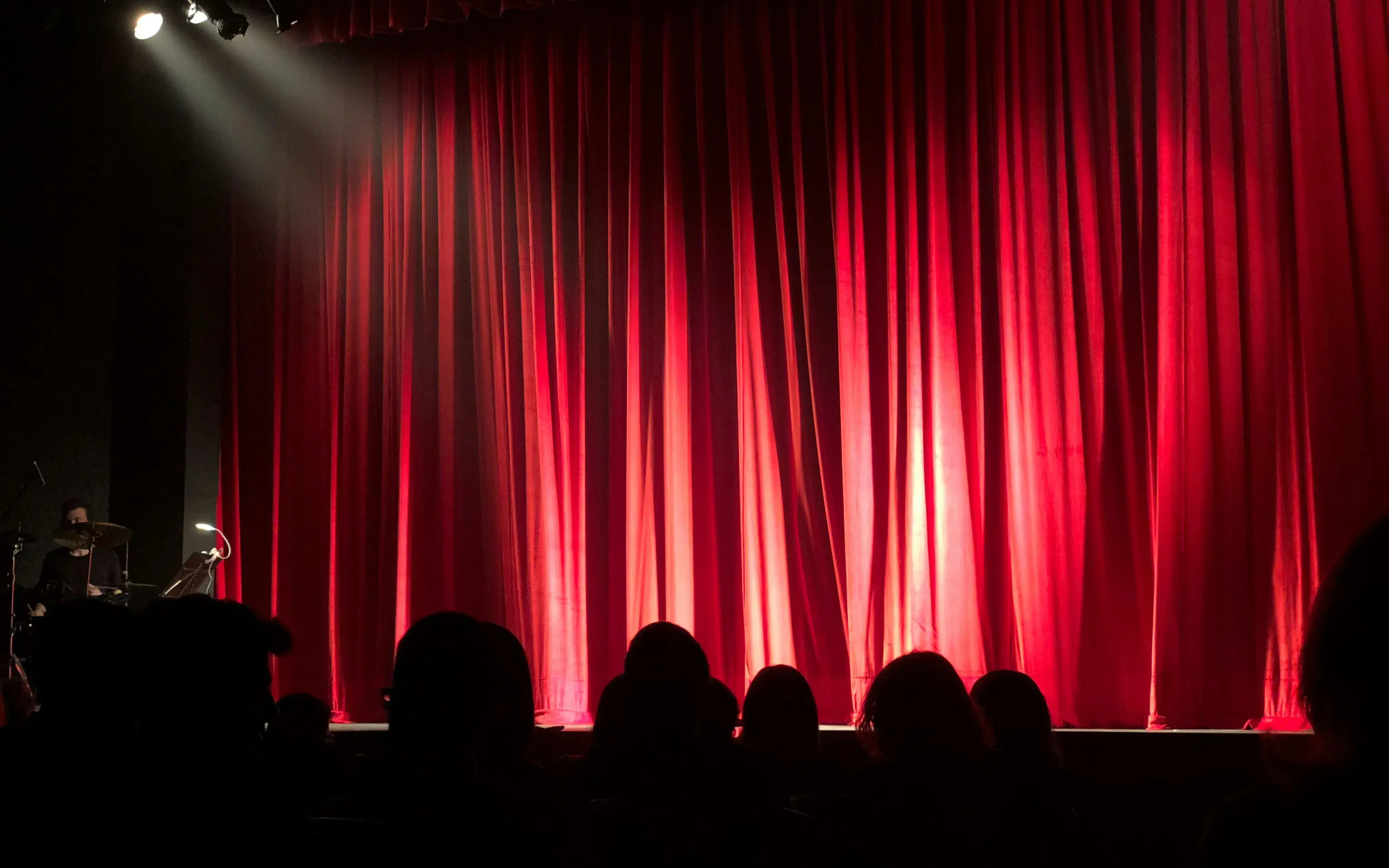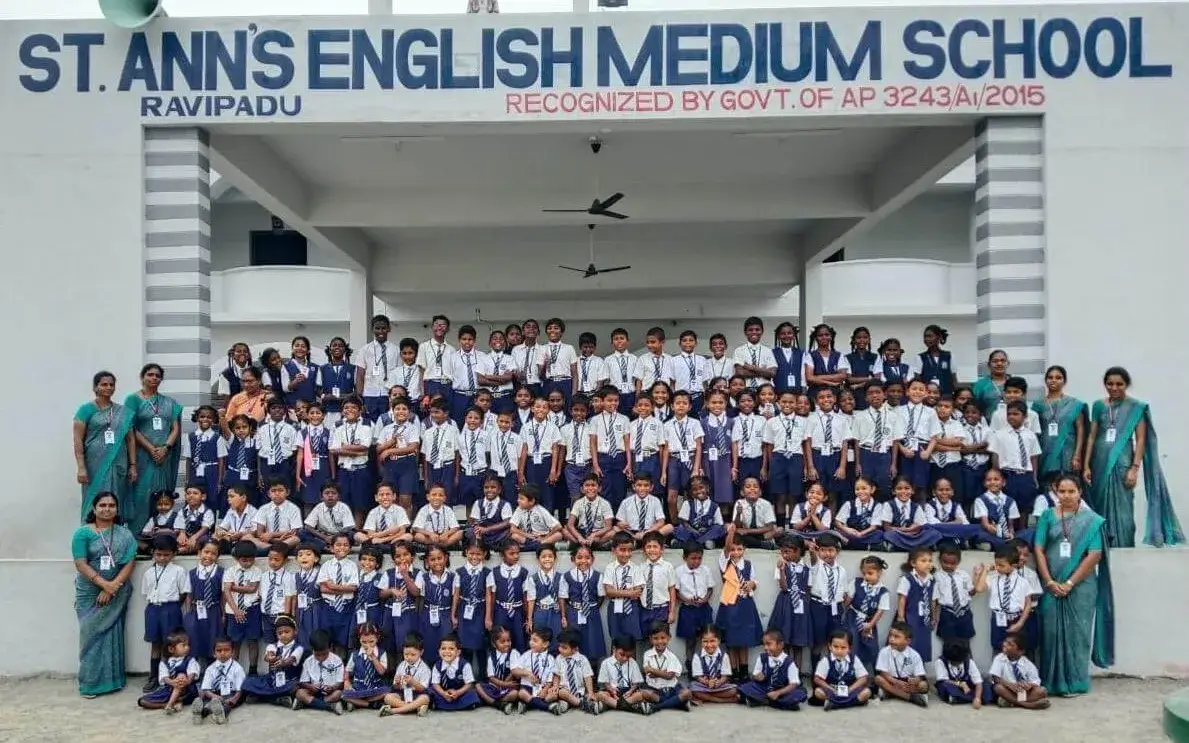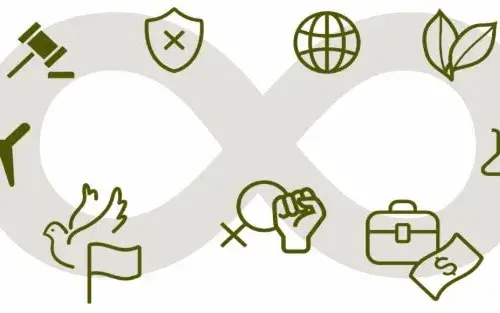The Codespa Foundation and the ATIL Association have implemented this project in six vulnerable neighborhoods of the Moroccan city of Tetuan.
A pioneering project in Tetuan has transformed libraries and other facilities into sociocultural centers of reference, especially for young people and women who are in vulnerable situations. The project, promoted by the Fundación Codespa and the local association ATIL, aims to fight against inequality and social exclusion. Barcelona and Tetuan are twin cities, which is why this initiative is inspired by the management model of libraries and civic centers in Barcelona.
According to Iria Oliva, the person in charge of the project, the City Council of Tetuan wanted to promote the development of the most marginal areas of the city and believed that civic centers could be a good tool to carry out this momentum. The organizations of the civil society supported the initiative and had the capacity to offer these services but lacked spaces and resources.
This is where the Fundación Codespa project entered. Oliva explained, that to carry out the initiative, staff from Catalan libraries traveled to the city of Tetuan to exchange methodologies. This piloted the initiative in six facilities in the city. "From here," remarks Oliva, "the project was implemented in neighborhoods where the neighbors did not have access to culture, leisure or services."
The Fundación Codespa has been working with the ATIL Association, a Moroccan local entity, since 2013 to promote this model and fight against inequality and social exclusion. According to Oliva, "We wanted to turn these facilities into spaces for doing different activities, such as reading clubs, cinema, theater, discussions about bullying, children's rights, women's rights in the workplace, among others."
This first phase of the project has had the participation of 20 local organizations and has been implemented in six libraries of the city benefiting more than 4.000 children from the Moroccan city. The same person in charge of the project explains that the objective is to export the model to other points of Morocco with a deficit of investment in social policies, such as the 'Beni Makade' district of Tangiers.
"We are very pleased with the results obtained and it is a project that can be extrapolated to other common ones in the country. The main objective is that these spaces serve as tools to promote respect, promotion of values, tolerance and the construction of citizenship, "emphasizes Oliva.








Add new comment